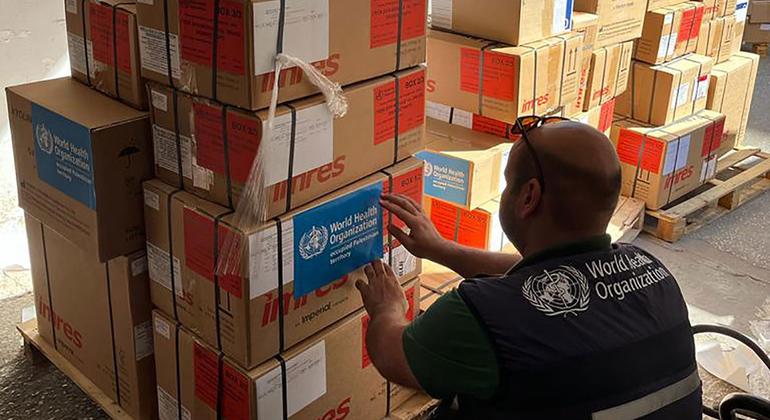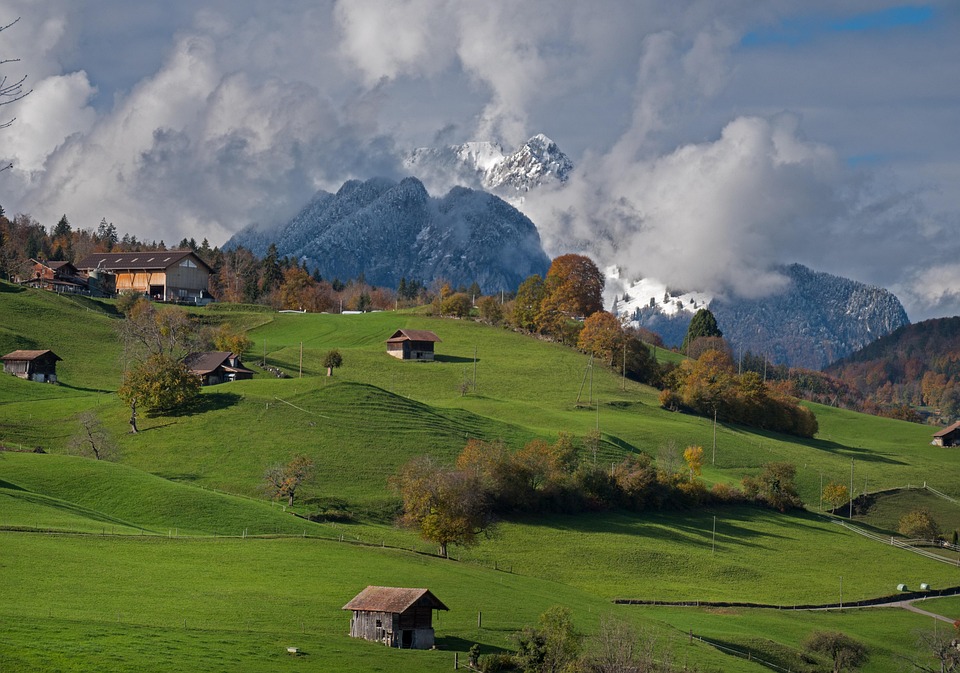The UN World Court concluded that Israel must also protect relief and medical personnel, prohibit starvation as a method of war and cooperate with the United Nations, among other obligations.
In remarks issued by the UN Spokesperson, Mr. Guterres urged Israel to comply with its obligations in relation to the UN and other humanitarian partner activities and emphasized that all sides to the conflict must abide by international humanitarian and human rights law.
Mr. Guterres reiterated his appeal to establish a political path to end the occupation towards a two-State solution “with Israel and Palestine living side by side in peace and security” within borders based on pre-1967 lines.
‘Crystal clear’ obligations
The UN human rights chief Volker Türk said the ICJ ruling made Israel’s legal duties “crystal clear”, starting with ensuring that people in Gaza and the wider Occupied Palestinian Territory receive essential supplies.
He urged Israel and all States to swiftly comply with the court’s findings and take concrete action to address the dire human rights and humanitarian crisis.
All parties to the conflict, he added, must prioritise saving lives and delivering aid, with these steps forming the foundation for peacebuilding and a lasting ceasefire grounded in human rights and international law.
UN nuclear agency: Ukraine’s power plant re-connected to the grid
Europe’s largest nuclear power plant in Zaporizhzhia (ZNPP) was successfully re-connected to Ukraine’s electrical grid on Thursday, the International Atomic Energy Agency (IAEA) reported.
This comes just two weeks after the IAEA facilitated a process to restore external electricity to the plant, which had lost connection to the grid for the 10th time since the conflict broke out in 2022.
‘A rare, good day’
“Today is a rare, good day for nuclear safety and security in Ukraine and beyond, although the overall situation of course remains highly precarious,” said IAEA Director General Rafael Mariano Grossi.
He added that despite the war, both sides agreed that it was “vital to restore off-site power and cooperated constructively with us to make that happen.”
The agency is monitoring the restoration and coordinating with the two sides to repair further damage.
Nigeria takes action on behalf of internally displaced
Nigeria has risen to the challenge and taken action to realise the UN Secretary-General’s Action Agenda on internal displacement worldwide.
This week, leaders from various UN agencies commended the Nigerian Government for its leadership in addressing internal displacement and called for more international engagement to ensure a long-term solution.
Officials from the International Organization for Migration (IOM), UN refugee agency (UNHCR) and UN Development Programme (UNDP) concluded a three-day joint mission to the country, where they met politicians, traditional leaders and representatives for the internally displaced in various regions.
The team called on international financial institutions and development partners to scale up assistance for self-reliance and economic recovery.
“Nigeria’s experience shows a clear shift is taking place from humanitarian aid to self-reliance, from short-term response to long-term recovery,” said UNHCR Assistant High Commissioner Raouf Mazou.
Unique commitment
“What makes Nigeria unique is its commitment to pairing public investment with private sector engagement.”
The officials noted that the country has benefited from UN resources, which provide assistance with state-level data, policy and coordination structures.
Shoko Noda, UNDP crisis bureau director, added that “Nigeria has the potential to build a comprehensive model in support of solutions, one that can inspire similar progress in other displacement contexts.”








